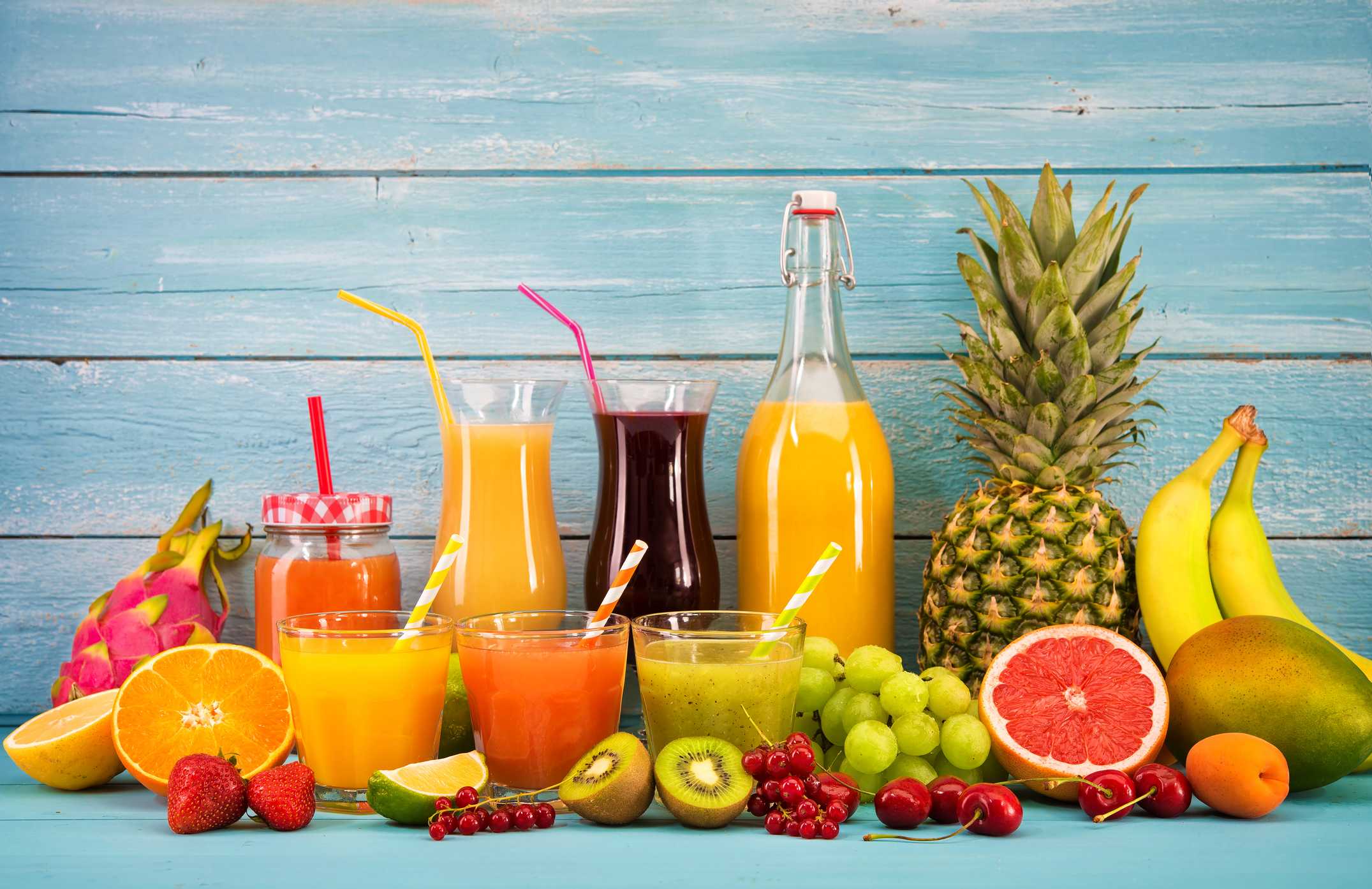A new observational take look finds a link between sugary drinks consumption, including 100% fruit juices, and the threat of cancer. For a while now, researchers were linking sugary beverages with a huge variety of health risks. Obesity, kind two diabetes, and cardiovascular disorder are just a few of the conditions that previous research has related to sweetened drinks. Some studies in rodents have suggested that the introduced sugar in soft liquids can drive the spread of cancer and gas tumor boom.

Now, new research similarly explores the hyperlink between sugary liquids and cancer. The observational examination, appearing in The BMJ, reveals an association between excessive consumption of sugary beverages and most cancers. Eloi Chazelas, from the Sorbonne Paris Cité Epidemiology and Statistics Research Center in France, is the first writer of the observe.
Studying sugary beverages and cancer danger
Chazelas and crew examined the hyperlinks between sugary drinks consumption and numerous types of cancer in 101,257 French adults elderly 42 years, on average. The researchers received the records from the nutrient-Santé have a look at. They examined protected “sugar-sweetened drinks” such as gentle beverages, syrups, fruit drinks, 100% fruit juices with none delivered sugar, milk-primarily based sugary liquids, sports activities beverages, and energy beverages.
The researchers also took into consideration artificially-sweetened liquids, that is, “all liquids containing nonnutritive sweeteners, along with food regimen tender liquids, sugar-loose syrups, and eating regimen milk-based beverages.” Using 24-hour online meals questionnaires, the researchers assessed the participants’ intake of 300 one-of-a-kind kinds of foods and drinks. Furthermore, the medical commentary of the participants persevered for up to 9 years.
During this time, the researchers looked at the chance of “overall, breast, prostate, and colorectal cancer.” Chazelas and associates accounted for capacity confounders, such as age, sex, education, the hereditary chance of most cancers, and lifestyle factors, including smoking conduct and workout styles.
A 22% better threat of breast cancer
Over the follow-up length, 2,193 human beings developed cancer for the primary time; they had been 59 years antique at the time of analysis, on average. Among a majority of these instances have been 693 of breast cancer, 291 of prostate most cancers, and 166 colorectal most cancers.
The analysis discovered that for a day-by-day boom of 100 milliliters inside the intake of sugary drinks, the chance of typical cancer rose by using 18%, and the threat of breast cancer expanded by 22%. When the researchers analyzed the danger for 100% fruit juices one at a time, those also accelerated the hazard of usual most cancers and breast cancer. However, the examination determined no hyperlinks with colorectal most cancers or prostate most cancers.
By assessment, weight loss plan liquids did now not increase most cancers threat. The scientists explain that people fed on food regimen liquids did so in tiny quantities to recommend interpreting this unique result with caution.
Strengths and boundaries of the observed
Chazelas and co-workers also lay out the strengths and weaknesses of their research. First, the “big sample size and its particular and up to date evaluation” of the drinks ate up to strengthen the results, write the researchers. However, the findings may not be broadly generalizable, as the study cohort is not representative of the broader populace they maintain.
“Since the individuals of the nutrient-Santé cohort had been extra often girls,” they are saying, “with fitness-conscious behaviors and better socio-expert and academic levels than the general French population, this might have led to a lowermost cancers incidence compared with countrywide estimates.”
Other boundaries consist of the inability to determine causality and ability dimension biases. However, the authors speculate that sugary beverages can also improve cancer hazard because the sugar affects visceral fat, blood sugar, and inflammatory markers, all of which previous studies have correlated with higher most cancers hazard.

